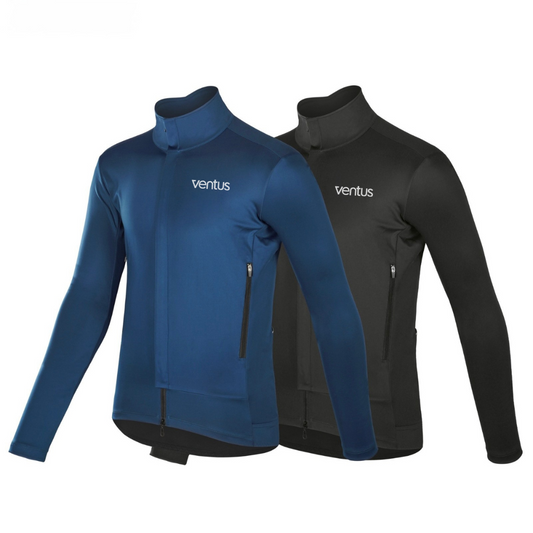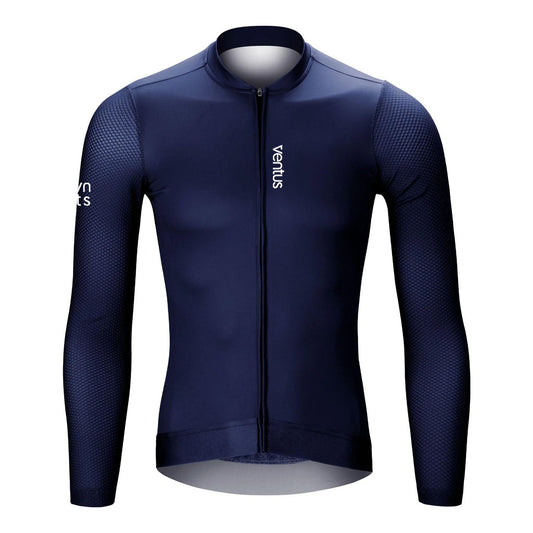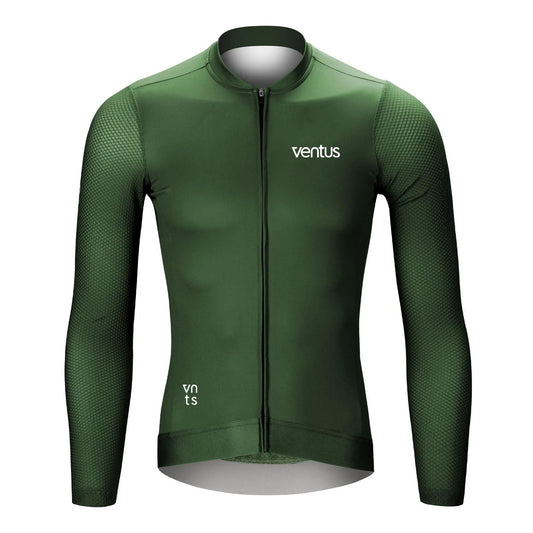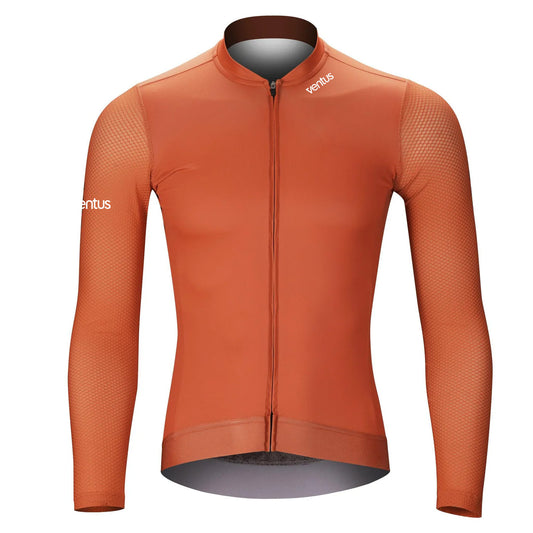
Fueling Your Rides: Essential Nutrition Tips for Cyclists
Share
Cycling is not only a physically demanding activity but also a sport that requires proper nutrition to fuel your rides effectively. Whether you're a recreational rider or a seasoned cyclist, understanding the importance of nutrition and adopting healthy eating habits can significantly enhance your performance, endurance, and overall well-being on the bike. In this article, we'll explore essential nutrition tips specifically tailored for cyclists to optimize your energy levels and enhance your cycling experience.
- Pre-Ride Fueling:
Before hitting the saddle, it's essential to provide your body with the necessary fuel to perform at its best. Consider the following pre-ride nutrition practices:
a. Carbohydrate Loading: Consume a meal or snack rich in carbohydrates a few hours before your ride. Opt for complex carbohydrates like whole grains, fruits, and vegetables to provide sustained energy.
b. Hydration: Start your ride well-hydrated by drinking water or electrolyte-rich beverages in the hours leading up to your ride. Adequate hydration helps maintain optimal performance and prevents dehydration.
c. Timing: Allow sufficient time for digestion before setting off on your ride. Aim to eat your pre-ride meal or snack 1-3 hours prior to avoid discomfort during your ride.
- During-Ride Hydration and Nutrition:
Long rides or intense training sessions require replenishing fluids and energy to maintain performance. Here are some tips for on-the-bike nutrition:
a. Hydration: Drink water or electrolyte-rich sports drinks regularly throughout your ride, especially in warm weather or during extended rides. Aim to consume around 500-750ml (16-24 ounces) of fluid per hour.
b. Carbohydrate Intake: Consume easily digestible carbohydrates during your ride to replenish glycogen stores and maintain energy levels. Energy gels, sports bars, or homemade energy snacks are convenient options.
c. Timing and Portion Control: Consume small, frequent snacks every 45-60 minutes to provide a steady supply of fuel. Experiment with different portion sizes to find what works best for you without causing digestive discomfort.
- Post-Ride Recovery:
Optimizing your post-ride nutrition aids in muscle recovery, glycogen replenishment, and overall adaptation to training. Consider the following strategies:
a. Protein and Carbohydrate Combo: Consume a snack or meal containing both protein and carbohydrates within 30-60 minutes after your ride. This combination supports muscle repair and glycogen replenishment.
b. Whole Foods: Incorporate whole foods rich in protein, such as lean meats, eggs, legumes, or plant-based protein sources, into your post-ride meals. Pair them with complex carbohydrates like quinoa, sweet potatoes, or whole-grain bread.
c. Hydration: Rehydrate your body by drinking fluids that contain electrolytes and water to replenish what was lost during your ride.
- Overall Nutrition:
Outside of your rides, prioritize a well-balanced diet to support your cycling performance:
a. Macronutrients: Maintain a balanced intake of carbohydrates, proteins, and healthy fats in your daily meals. Incorporate a variety of fruits, vegetables, whole grains, lean proteins, and sources of healthy fats into your diet.
b. Micronutrients: Ensure you're getting adequate vitamins and minerals from fruits, vegetables, and other nutrient-rich foods. Consider consulting a registered dietitian or nutritionist to address specific dietary needs or potential deficiencies.
c. Meal Planning: Plan your meals and snacks in advance to ensure you have nutritious options readily available. This helps avoid relying on processed or unhealthy food choices when hunger strikes.
Proper nutrition plays a vital role in fueling your cycling adventures



